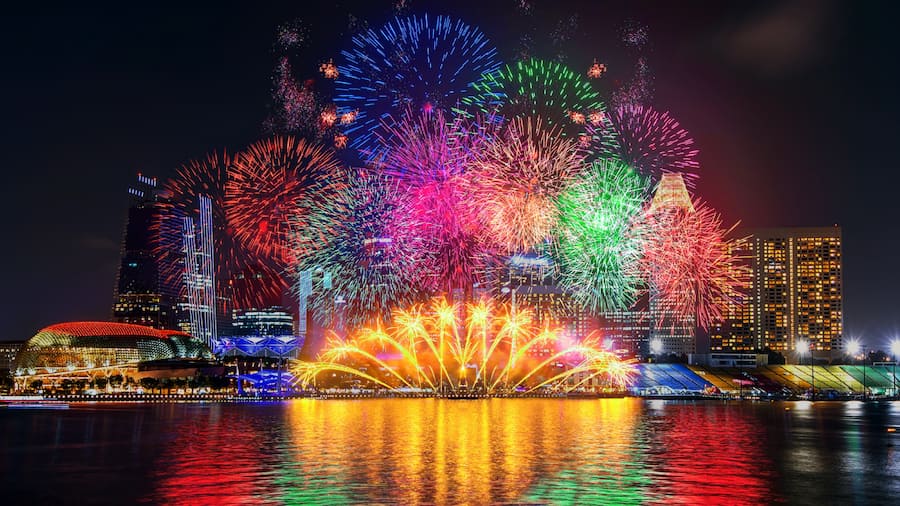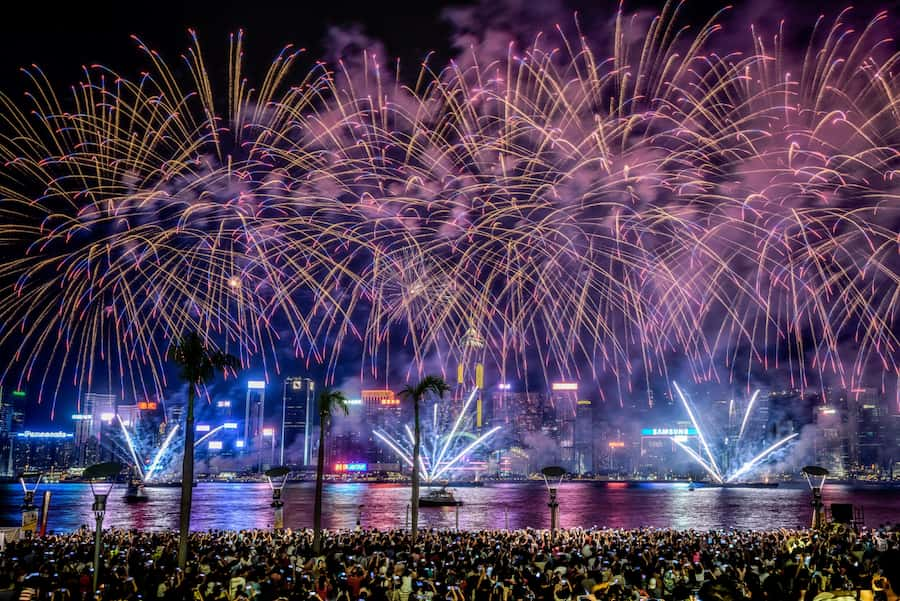These pointers are meant for event planners who are putting up community fireworks shows. Significant information on your obligations to your employees and the general public is also included. When it comes to providing portable power for a range of small to medium-sized gadgets that use electricity, Rocket packs are a flexible and adaptable option.
Recall that reading something could mean a world of difference between a tragic incident versus a successful one in just ten minutes.
Injuries Related To Fireworks
According to the CPSC’s Fireworks Annual Report, 15,600 persons are expected to have had emergency room treatment in 2020 due to fireworks-related injuries. Here are some more intriguing statistics to think about:
- 71% of injuries were experienced by men, while 29% were sustained by women.
- Sparklers were the source of 900 injuries in emergency rooms from fireworks.
- The fingers and hands (30%), head, face, as well as ears (22%), eyes (15%), legs (13%), and forearms (12%), are the organs and body parts most commonly wounded by fireworks.
- The most frequent injuries to hands, fingers, ammunition, and legs were burns.
Firecrackers and sparklers are the most frequently injured type of pyrotechnics, yet most reported wounds are caused by unidentified fireworks equipment. Other ones are DIY fireworks, reloadable shells, new products, Roman lighting candles, bottle spacecraft, and public fireworks shows.
Select the Appropriate Area
Use pyrotechnics only in well-ventilated, level, open, and stable areas. While some of these suggestions may seem self-evident, the data seem to indicate otherwise. Researchers estimate that 19,500 fires were ignited by pyrotechnics in 2018.1. In just a few days in 2020, pyrotechnics in California caused almost 100 fires. Choose a safe location to set off any permitted fireworks. How to pick a secure area to set off fireworks:
- Find a firm, level area, such as bare earth, snowy conditions, concrete, sand, or rock.
- Steer clear of areas with grass, trees, and potentially fire-prone buildings.
- Recognise the impact of noise pollution. Place your fireworks so that your neighbours, veterans, and pets won’t be disturbed by the noise.
It’s Important To Park Your Car Safely
Any allocated car parking should be placed well away behind your display area, dumping zone, and upwind of the display because falling pyrotechnics can cause harm. Any parking lot should have prominent signage, and the entry should be kept well apart from the walkway. Don’t allow parking in any other location.

Avoid Fireworks Packaged In Brown Pap
Steer clear of fireworks packaged in brown paper. This frequently means the products are intended to be used on professional presentations as well as could consequently be dangerous for users.
Kids and Fireworks
Never let small children handle or light fireworks. Think about safe substitutes instead, including confetti cannons that silly string, glow sticks, and popping streamers.
Establish A Safety Zone
To separate the lighting and launch zone from onlookers, use caution tape. Consumer-grade pyrotechnics are still harmful even though they are far smaller than industrial mortar shells. Popular fireworks maker Phantom Fireworks suggests the following safety boundaries for both ground- as well as air-based explosives:
- Ground-based: It is advisable to see ground-based fireworks, such as fountains, from a minimum distance of 35 feet.
- Airborne: Everyone should retreat to a distance of around 150 feet to enjoy airborne fireworks.
Maintaining Order
Planning is crucial for effective crowd control.
- Assign a steward to oversee this, with a minimum of one steward for each of the 250 spectators. They won’t be done with their work until the display is completed and the area has been cleaned and made safe. Your guardians should be easily recognized—perhaps by wearing neon jackets or bibs.
- Ensure that your crew has conducted safety drills and knows what they ought to do in an emergency.
- You must not permit onlookers to enter the exhibition area. If they do get close, turn off the display right away. Get the area marked accurately and put signs to indicate it.
Which Fireworks Are Appropriate For A Display Of Fireworks?
Not every type of fireworks is allowed. It is only permissible to use F1, F2, and F3 class fireworks for amateur either public or private displays. These categories’ fireworks are CE-marked and include safety guidelines.
You will want the assistance of a Display Operator for larger and riskier explosions, which include those that fall within the F4 classification. There is no reason you can’t manage a spectacular firework performance yourself; setup and organization will be helped by a display operator, though.
Final Words
Remember that you can utilise these safety guidelines for fireworks any time of year, not just on New Year’s Eve or during other well-known festivities.
